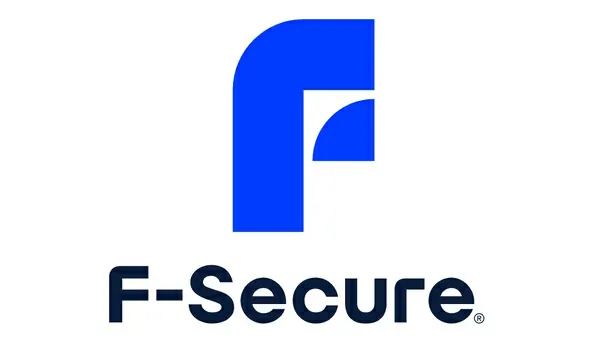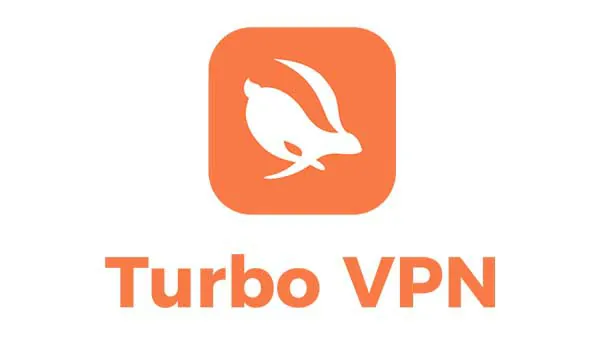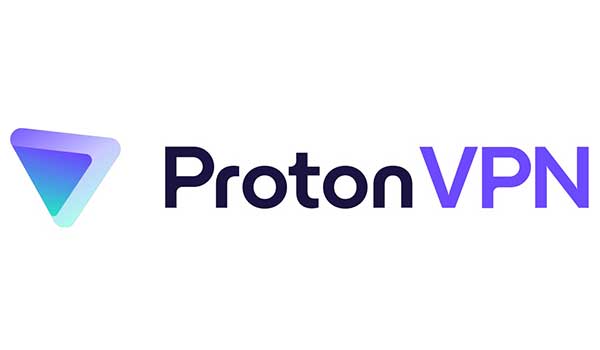VPN Gate is a free, volunteer-run VPN service developed as part of an academic experiment at Japan’s University of Tsukuba. With thousands of volunteer-operated servers throughout the world, it provides users with an easy means to circumvent geo-restrictions and censorship. However, its safety and dependability pose significant concerns. In this study, we look into whether VPN Gate is a secure and feasible alternative for 2024.
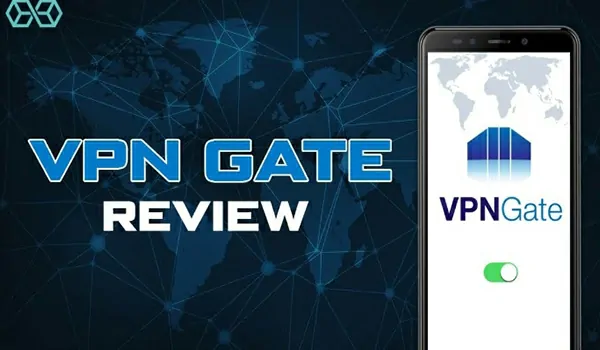
What Is VPN Gate?
VPN Gate is an experimental VPN service that aims to promote freedom of access and assist users in bypassing internet restrictions. Unlike standard VPN services, it is based on volunteer-operated servers, offering it a distinct and decentralized option.
Highlights of VPN Gate include:
- Totally free to use.
- The global server network is provided by volunteers.
- Open-source software.
- Available VPN protocols include OpenVPN, L2TP/IPSec, and SoftEther VPN.
Features of VPN Gate
1. Free service.
VPN Gate is completely free, with no hidden costs or subscription plans. Users have unlimited bandwidth to access servers throughout the world.
2. Volunteer-operated servers
The servers are hosted by volunteers around the world, resulting in a dynamic and diverse network.
3. Open Source Software
The platform makes use of SoftEther VPN, an open-source program noted for its flexibility and robust encryption.
4. Multiple Protocol Support
VPN Gate supports common protocols, including:
- OpenVPN
- L2TP/IPSec
- SoftEther VPN
This variation allows users to select the protocol that best meets their needs.
5. Wide Compatibility.
VPN Gate operates on a variety of systems, including:
- Windows, macOS, and Linux.
- Android and iOS (with OpenVPN or L2TP/IPSec clients).
6. Academic experiment
Instead than competing financially with premium VPNs, the project’s goal is to analyze the proliferation and use of free VPN services.
Performance and Speed
1. Streaming
VPN Gate can overcome geo-restrictions on streaming platforms such as YouTube and region-locked websites. However, it has difficulty competing with large platforms like Netflix and Hulu owing to uneven speeds and a lack of dedicated streaming servers.
2. Gaming
The service is not designed for gaming because latency varies greatly based on the volunteer server’s location and load.
3. Torrenting
While VPN Gate does not officially forbid torrenting, the absence of dedicated P2P servers and privacy issues render it unsuitable for safe torrenting.
Privacy and Security: Is VPN Gate Safe?
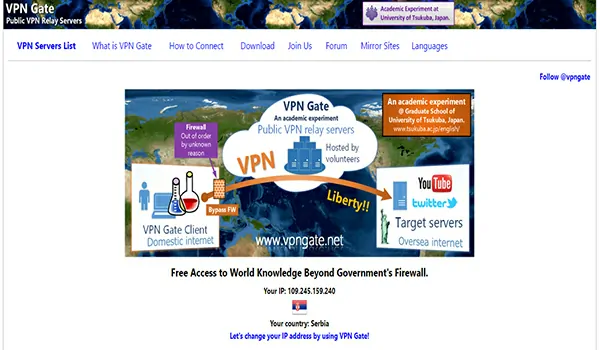
Encryption and Protocol
VPN Gate uses powerful encryption technologies such as OpenVPN and L2TP/IPSec to provide basic data protection. However, the encryption strength is determined by the volunteer server’s setup, which may not always comply with industry requirements.
Logging and Transparency
VPN Gate gathers specific data for research purposes, including:
- Connection logs include IP addresses, timestamps, and other information.
- Traffic logs are used in some circumstances since servers are run by volunteers.
This raises issues regarding user privacy, as sensitive information may be disclosed or misused.
Volunteer-Run Servers
The server network is decentralized and volunteer-based, which involves risks:
- Volunteers have complete authority on their servers, which might result in harmful activity or data breaches.
- Server locations and performance vary, affecting dependability.
Kill Switch
VPN Gate lacks a built-in kill switch, making users vulnerable to data leaks if their VPN connection fails.
Pros and Cons of VPN Gate
Pros
- Completely free, with no data or bandwidth limitations.
- Global server network with several locations.
- Supports several protocols, allowing for more flexible networking.
- Open-source software promotes transparency.
- Useful for circumventing censorship in restricted areas.
Cons
- Inconsistent server performance and speed.
- Logging rules and volunteer-run servers result in limited privacy.
- There are no kill switches or additional security measures.
- Not appropriate for torrenting or high-security demands.
- There is limited support for streaming services.
Who Should Use VPN Gate?
Ideal For:
- Users in strongly controlled areas require unrestricted access to banned content.
- Casual users that require VPN connection on a limited basis but do not wish to commit to a paying subscription.
- Researchers and developers test VPN settings.
Not Ideal For
- Users that value privacy and prefer stringent no-log rules.
- Gamers and streamers that demand fast connections and low latency.
- Advanced users looking for premium features such as multi-hop and ad-blocking.
How Does VPN Gate Compare to Paid VPNs?
1. VPN Gate vs. ExpressVPN
- Security: ExpressVPN offers audited no-logs policies and better encryption.
- Speed: ExpressVPN consistently delivers faster and more stable connections.
- Cost: VPN Gate is free, but ExpressVPN provides greater value for privacy-focused users.
2. VPN Gate vs. Proton VPN
- Free Plan: Proton VPN offers unlimited data on its free plan, with stricter privacy protections.
- Transparency: Proton VPN undergoes regular audits, while VPN Gate’s privacy depends on volunteer-run servers.
3. VPN Gate vs. Windscribe
- Features: Windscribe includes ad-blocking and streaming optimization in its free plan, whereas VPN Gate focuses on basic functionality.
Conclusion: Is VPN Gate Safe to Use?
VPN Gate offers a free and easily accessible VPN option, however it falls short in terms of privacy and security when compared to commercial VPNs. While it is appropriate for avoiding censorship or casual surfing, its tracking procedures and dependence on volunteer servers make it untrustworthy for critical work.
Final Verdict: VPN Gate is a good option for anyone looking for a free and simple VPN service, especially in places with stringent internet restrictions. Users who are concerned about their privacy or want sophisticated features may look into options such as Proton VPN or Windscribe for a more secure experience.
Recommendation: Use VPN Gate with caution and only for low-risk activities. A reliable premium VPN service can improve your privacy, speed, and security.

